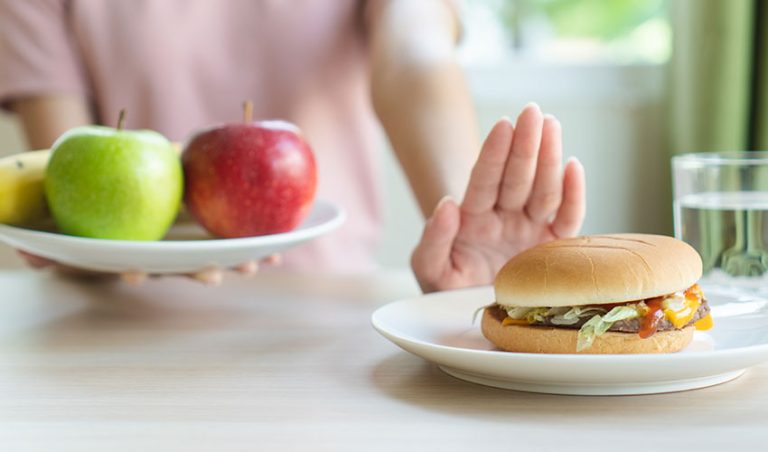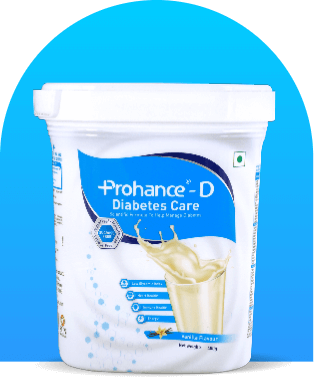
Certain foods can increase your blood sugar rapidly. Although an overall healthy person may not be affected much by giving in to their sweet tooth, but a person with diabetes can experience symptoms such as blurred vision, urinating frequently, and excessive fatigue. Additionally, if your blood sugar remains in the higher-than-optimum levels for long, your organs can sustain long-term irreversible damage.
People with diabetes receive strict dietary guidelines from their doctor upon confirmation of their diagnosis. In this blog, we will share some foods to avoid with diabetes to help you stay on top of this condition and maintain optimum blood sugar levels.
Diabetes is a chronic medical condition that affects the body’s ability to process blood glucose or the sugar in blood. A part of everything you consume becomes glucose in the end to provide the body with energy as glucose is the main source of energy for your body. The hormone insulin facilitates the penetration of glucose into cells to be used for energy. This function is impaired in people with diabetes either due to reduced insulin production by the pancreas or insulin resistance. This leads to higher-than-normal blood glucose that can damage several organs, including the heart. Thus, paying attention to what you consume and when plays an important role in effectively managing the condition to prevent further damage to the organs and leading a healthy life.
Try the Nutrition Calculator to get detailed insight on your daily meal
Glycemic index (GI) is the measure of how quickly a food increases your blood glucose; the GI scale starts from 0 and 100 is the maximum GI value (pure glucose has a GI of 100). Consuming high glycemic index foods can make it difficult for people with diabetes to control their blood glucose and manage the condition. However, if you avoid foods that spike blood sugar that have a high GI, it can help you manage your health.
The list of following food items can be considered diabetic diet restrictions and may help you avoid getting your blood sugar higher than optimum levels and you may experience some side effects of the condition. Thus, we recommend you avoid these as much as possible in your diet.
The best way to ensure you don’t get a blood sugar spike is to avoid consuming the foods that are mentioned above and other high GI foods. Although it may seem like a good idea to substitute your sugar consumption with artificial sweeteners in the beginning as these don’t affect your blood sugar levels, artificial sweeteners are not good for you in the long run.
To prevent blood glucose spikes, you are recommended to consume low GI foods. These foods usually are high in fibre and contain complex carbohydrates instead of simple carbs. Additionally, it is best to consume your small portion of occasional sweet after you have had a proper meal; this way you avoid the sudden spike in blood glucose and binge eating more sweets.
Consult Now & get personalized guidance to improve your health and wellbeing
Now that you are aware of the foods to avoid with diabetes, you can better manage your health. Your diet plays a crucial role in keeping blood glucose under optimum levels. We understand the dietary restrictions can be inconvenient and may leave you feel unsatisfied with your meals. You can consider health supplements to enhance the nutritional profile of your meals after consulting with your doctor.
Health supplements like Prohance D—protein powder for diabetics—are excellent add-ons to your diet. Complete with a triple-blend of protein, healthy fats, and other key ingredients that help prevent sudden blood glucose spikes, Prohance D can also help you reduce weight and cholesterol. Amping up your protein intake can help you maintain your overall health as well.
